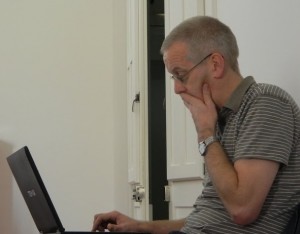
The increasing volume of academic activity on the internet coupled with a growing obsession about privacy and data protection means for many academics a rapidly expanding number of online accounts and associated passwords. This is, of course, over and above our regular dose of accounts and passwords as citizens of the virtual world. The average adult in the UK must have at least 25 internet accounts, for the bank/building society, supermarkets, phone companies, social media, airlines, trains, insurance companies, eBay, the website of the parents’ council of your children’s school, your electricity provider, the council tax, etc.
I feel as an academic, the burden is even worse. Every single time another scientific journal invites me to review a paper it opens an on-line account for me. Every time I apply for a grant from a funding body to which I have not previously applied, I am required to set up an account with a new password. When you apply for 20-odd grants every year and review manuscripts for a similar number of different journals the number of accounts and passwords add up rapidly. Then there are the other accounts and passwords related to work for sites such as this BU Research Blog, BRIAN, Survey Monkey, for the university for whom you act as external examiner, for Drop Box, the British Library, ORCIC, ACADEMIA.EDU, ResearchGate, Researchfish, Linkedin, and the list goes on.
These last few months I was reminded how non user friendly some systems are. First, I received new secure email account for my part on a REF sub-panel. The account name chosen for me is different from what I would have chosen and what I am used to at Bournemouth University. The importance of confidentiality for the REF work is clear so my password has to be different from anything I use elsewhere. Secondly, a few weeks later I attempted to put my name done for the tri-annual conference of the International Congress of Midwifery in Prague next year. It turns out you cannot join the conference without opening an on-line account first. The account name was automatically chosen for me and so was the password. Unfortunately, both are impossible to remember, neither the account name nor the password (which was case sensitive) were ones I would have selected personally.
There is some hope as some journals allow you to choose your own account name and password. Elsevier has brought most of its journals into one account, with your own email as the account name and all with the same password. Similarly a group of English-language journals in Nepal called Nepal Journals OnLine (NepJOL) use one account name for all participating journals. For the rest of my account names and passwords I can only follow the advice given by Stephen Fry on an episode of QI: “Write it down somewhere on a piece of paper”. The underlying idea is that the people who try to steal your internet account details sit in a bedsit in London or Hong Kong and won’t come to your office or living room to steal a piece of paper with computer addresses. The people who try to break into your house or office are looking for objects with a street value, such as your TV, phone or laptop, they are generally not interested in a piece of paper with some scribbles on it.
Prof. Edwin van Teijlingen
Centre for Midwifery, Maternal & Perinatal Health

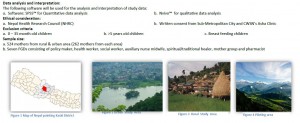

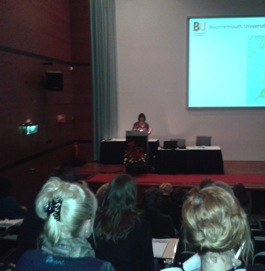
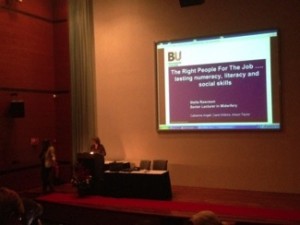

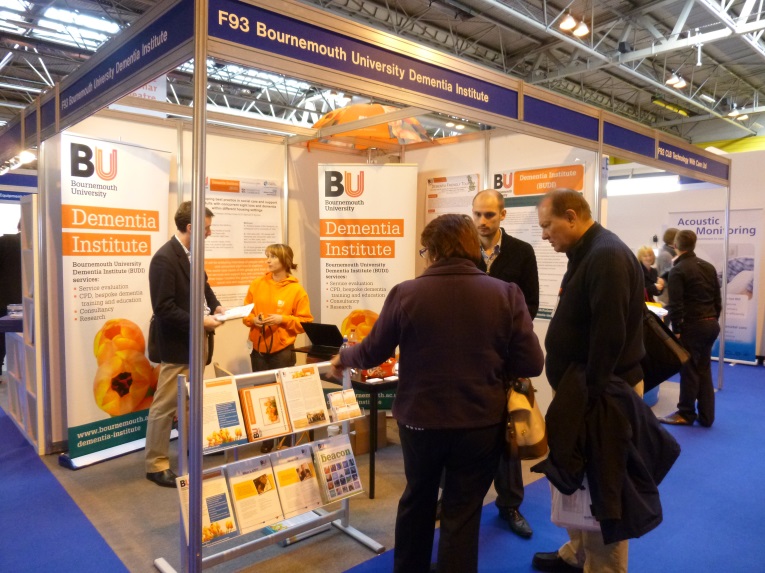
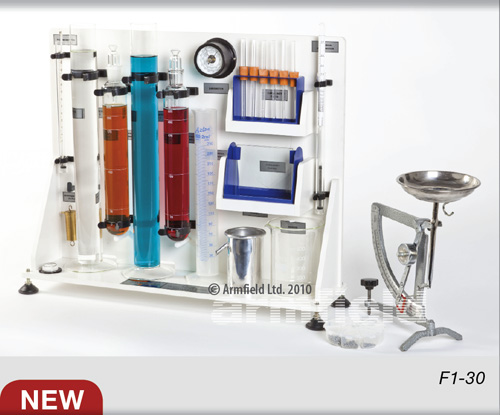
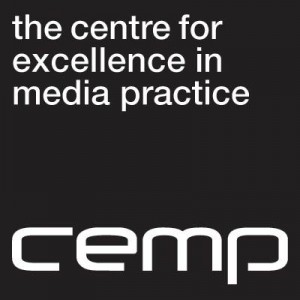




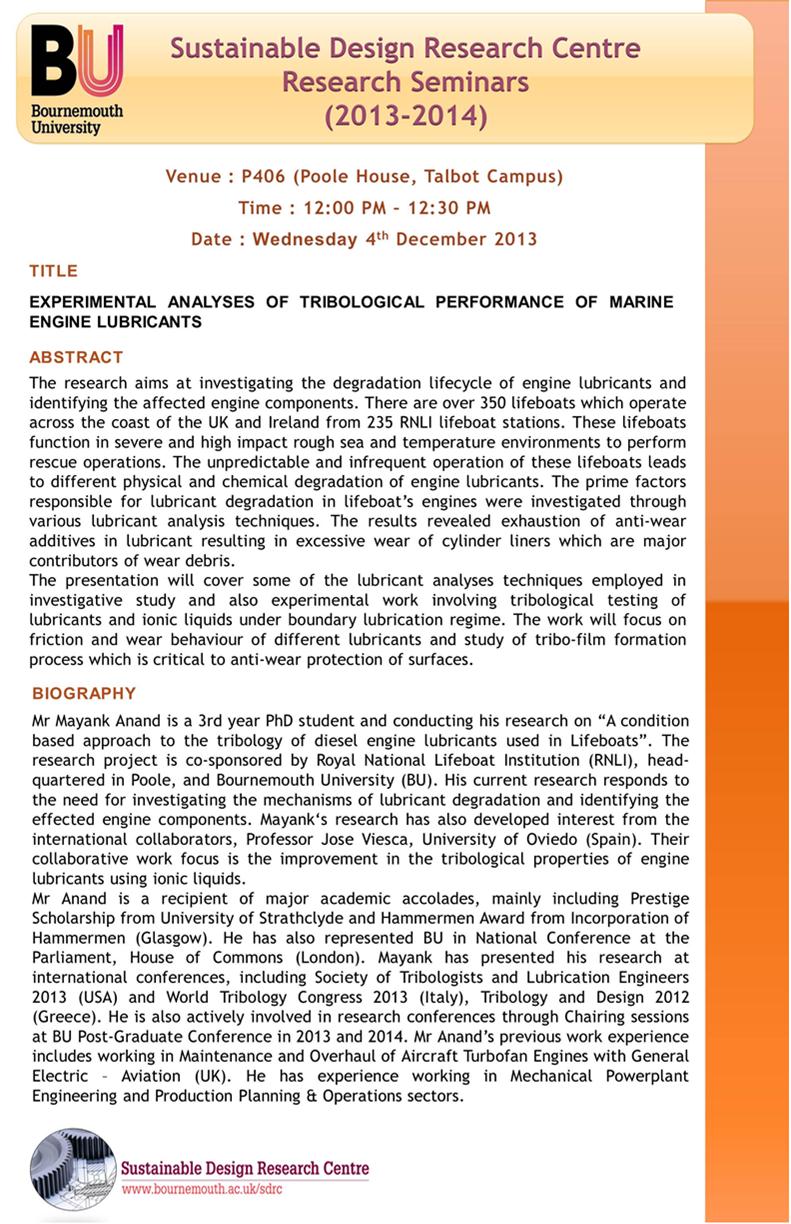











 SPROUT: From Sustainable Research to Sustainable Research Lives
SPROUT: From Sustainable Research to Sustainable Research Lives BRIAN upgrade and new look
BRIAN upgrade and new look Seeing the fruits of your labour in Bangladesh
Seeing the fruits of your labour in Bangladesh Exploring Embodied Research: Body Map Storytelling Workshop & Research Seminar
Exploring Embodied Research: Body Map Storytelling Workshop & Research Seminar Marking a Milestone: The Swash Channel Wreck Book Launch
Marking a Milestone: The Swash Channel Wreck Book Launch ECR Funding Open Call: Research Culture & Community Grant – Application Deadline Friday 12 December
ECR Funding Open Call: Research Culture & Community Grant – Application Deadline Friday 12 December MSCA Postdoctoral Fellowships 2025 Call
MSCA Postdoctoral Fellowships 2025 Call ERC Advanced Grant 2025 Webinar
ERC Advanced Grant 2025 Webinar Update on UKRO services
Update on UKRO services European research project exploring use of ‘virtual twins’ to better manage metabolic associated fatty liver disease
European research project exploring use of ‘virtual twins’ to better manage metabolic associated fatty liver disease